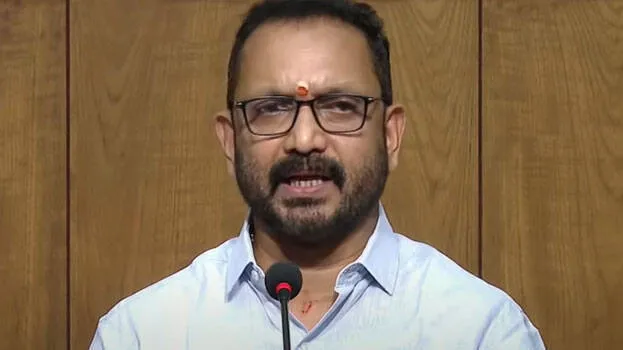
Fitness guru Gerard Hall has shared a simple yet effective tip for those looking to shed belly fat quickly. In one of his many TikTok posts, aimed at helping followers accelerate their weight loss journey, he highlights a key habit that can help reduce the two types of body fat found in the stomach area. Using a photograph of a large belly as a visual aid, Gerard revealed the secret to trimming down your midsection.
He advised cutting out alcohol and reducing " binge drinking " sessions. He explaind: "If your belly looks anything like this, I'm gonna show you how to lose it. So, we've got two types of fat that surround our midsection - subcutaneous fat, which is the outer layer, and then visceral fat, which surrounds all the organs.
" WARNING: The video below contains language some viewers may find offensive He continued: "So again, if your belly looks anything like this, it's because you have too much visceral fat and that s**t starts to harden up and then you get a hard belly that becomes tough to poke. So here's how to lose it. Cut your alcohol consumption.
" Gerard goes on to label alcohol as "one of the worst things you can do to create visceral fat," citing its high calorie content and ease of overconsumption as key reasons. "Drinking can wreak havoc on your hormones, including testosterone, and it can also lead to unhealthy food choices. When you consume alcohol, your body prioritises breaking it down over burning fat, which effectively puts a halt to any fat loss.
" According to the NHS, the recommended weekly limit is 14 units of alcohol, with the warning that there is "no safe amount". The guidance explains: "Units are a simple way of expressing the quantity of pure alcohol in a drink." "One unit equals 10ml or 8g of pure alcohol, which is around the amount of alcohol the average adult can process in an hour.
This means that within an hour there should be, in theory, little or no alcohol left in the blood of an adult, although this will vary from person to person.".














